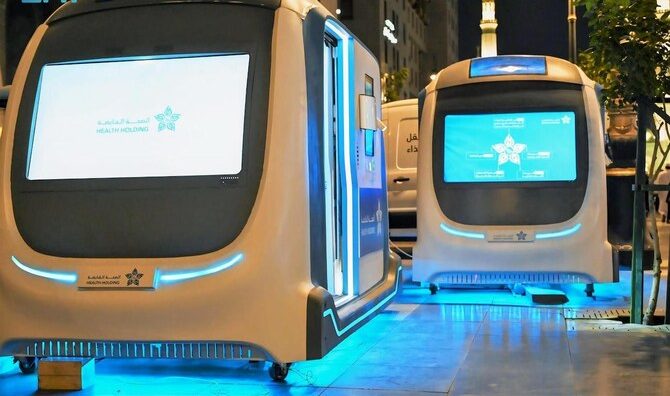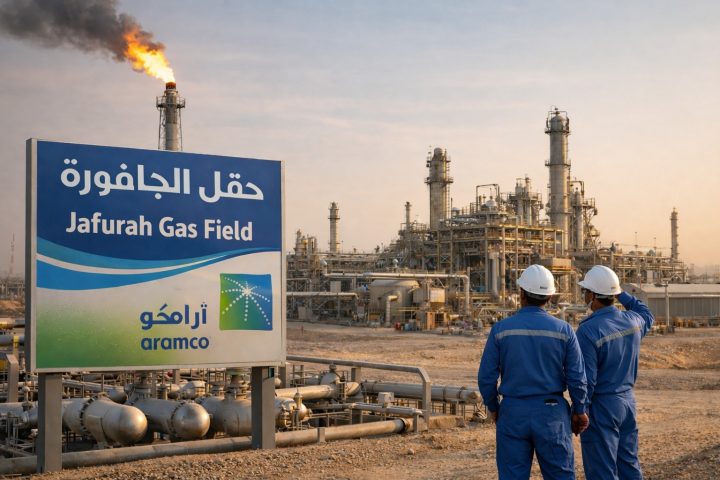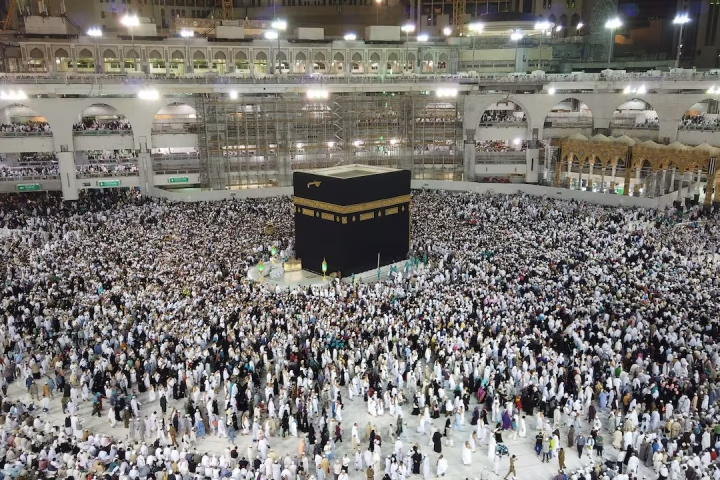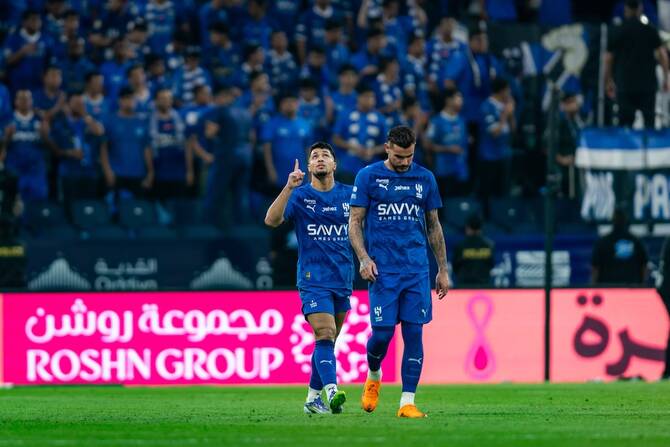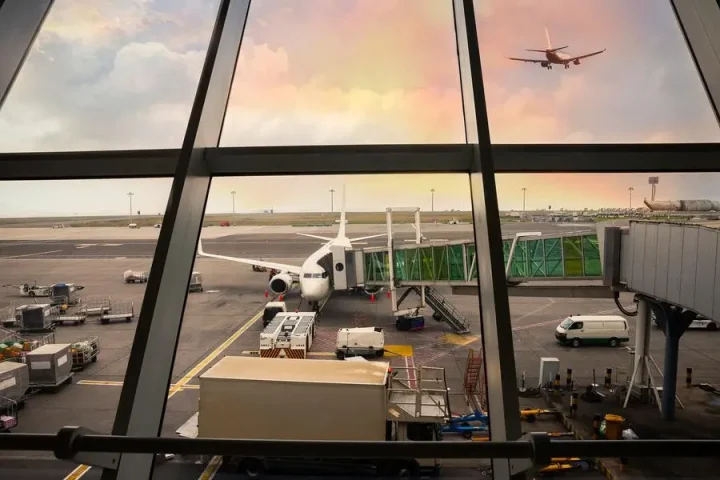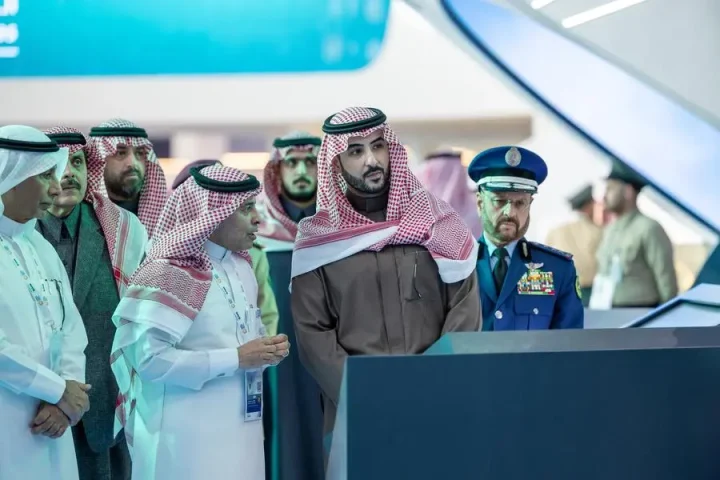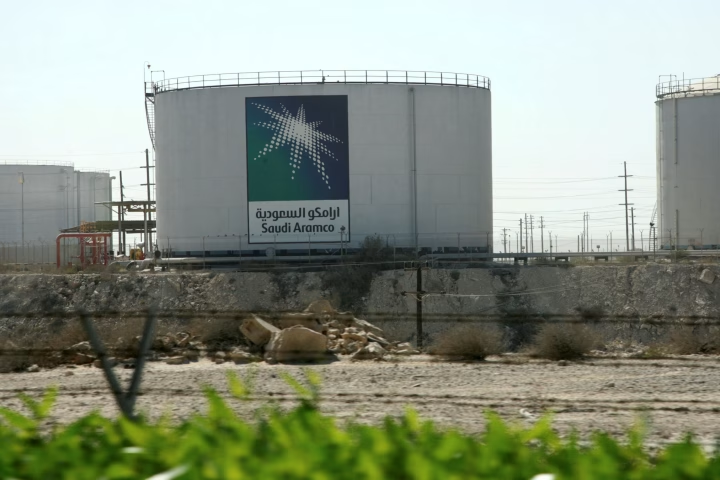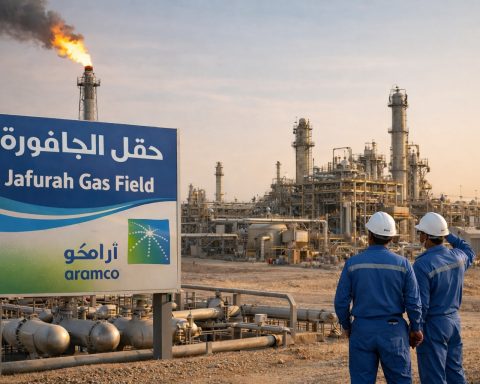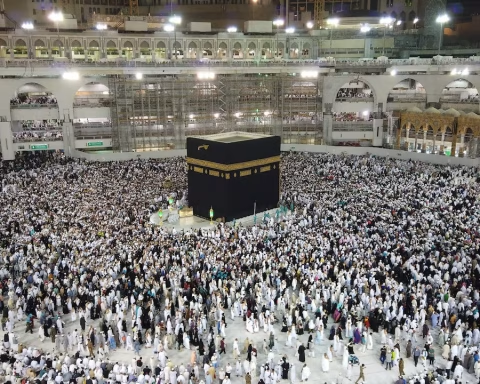Madinah Health Cluster has launched two AI-powered medical capsules in the northern central area of Al-Masjid an-Nabawi, aiming to enhance healthcare services for visitors and pilgrims.
The “Tibbah” and “Taybah” capsules utilize advanced technology and artificial intelligence to detect chronic diseases, conduct rapid tests,
measure vital signs, and perform ECG scans. They are also connected to the Seha Virtual Hospital for specialized support.
These medical capsules aim to expand the scope of healthcare services,
complementing existing facilities such as Waqf Al-Salam Hospital and Al-Haram Hospital.
Operating during peak hours, the capsules are staffed by trained medical professionals and can serve over 576 patients daily.
The project is a collaborative initiative between the government and the private sector.
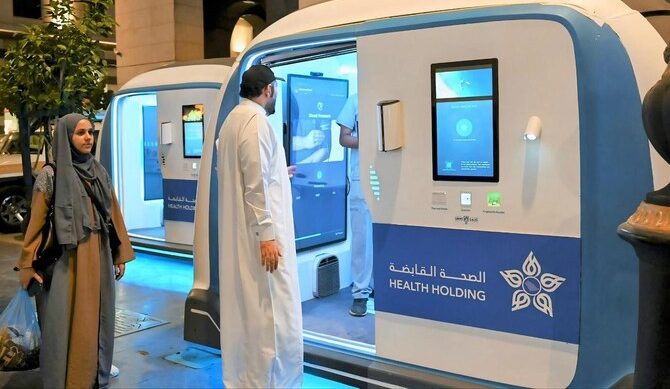
Emergency Response in Record Time
Meanwhile, Saudi Red Crescent Authority teams in Madinah successfully transported a cardiac emergency patient for treatment through the heart attack protocol in just 56 seconds.
Dr. Ahmed bin Ali Al-Zahrani, Director of the Red Crescent branch in the region,
explained that the Medical Transfer Center received an emergency call via hotline 997,
reporting a 60-year-old patient experiencing severe chest pain inside Al-Masjid an-Nabawi.
An advanced care team was immediately dispatched to conduct an ECG scan, diagnosing the patient with a severe heart attack.
The on-call physician was informed, activating the Heart Attack Emergency Pathway Protocol.
The patient was then transferred to the catheterization lab at Hayat National Hospital via a specialized cardiac emergency route,
where the medical team was prepared for immediate intervention.
Dr. Al-Zahrani emphasized that the rapid response and seamless coordination by emergency teams were crucial in preventing complications and ensuring a successful outcome for the patient.
See More: SpaceX Launches Rescue Crew to the International Space Station


